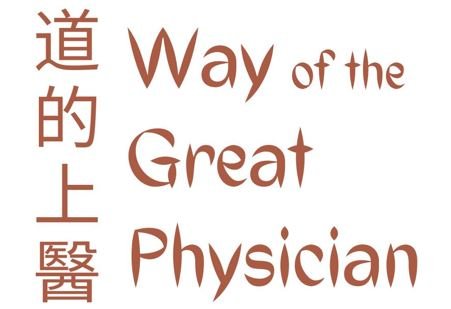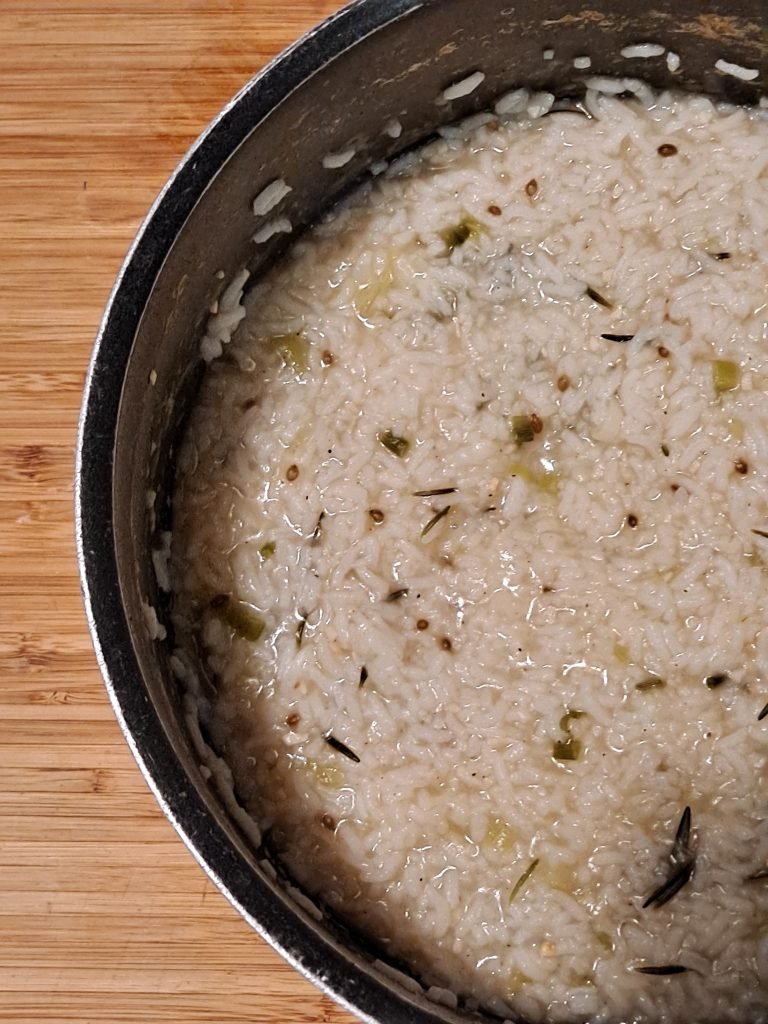Internal Causes of Disease
External causes of disease primarily come from the Six Pathogenic Factors, but this is not the only way someone gets sick or develops health problems according to Chinese medicine. Disease is also generated internally through intense and unbalanced emotions, particularly the Seven Internal Emotions. When these emotions negatively affect the body, they first affect the solid organs (called Zang organs) and their meridians. With each emotion mentioned below, the zang organ most greatly affected is mentioned.
Emotions are important to feel and validate. It’s good and normal to feel emotions, but when they are bottled in, channeled in unhealthy ways, are persistent, or are unbalanced, they cause health problems. If you believe any of these emotions are negatively affecting you and your health, talk to a therapist or go get acupuncture, as acupuncture can make a big difference in the treatment of emotions and mental health.
The seven emotions are:
Elation/Joy – Affects the Heart. In Western culture, the world tells us that being happy is good and being not happy is bad. So when can happiness, joy, and elation be bad? Joy is unhealthy when it becomes hysterical laughter, manic, and insidious. When it is excessive and incessant. This kind of elation affects the Heart’s ability to perform its proper functions, not just physically, but energetically too.
Anger – Affects the Liver. Anger is the emotion of setting healthy boundaries, but when anger becomes out of control, it causes the Liver Qi to improperly rise up and disrupt the healthy normal qi and blood flow in the body.
Sadness – Affects the Lungs. When someone is intensely sad, the qi in their body is descending and is unable to radiate. If this intense sadness persists, it consumes the person’s Qi, leaving them Qi deficient – tired and weak with potentially a low voice, shortness of breath, and spontaneous sweating.
Grief – Affects the Lungs. Grief is even more intense than being just sad and arises internally. Grief indicates a deep distress, an unsettled spirit. It could be said that someone affected by this kind of grief has lost their center. The Qi dynamic in their body has become disordered.
Worry – Affects the Spleen and digestion. When someone is worried, they continue to “chew on” their thoughts and are unable to “digest” them and let them go. The thoughts aren’t leaving and food isn’t leaving how it should either. In Chinese medical thought, the Spleen is responsible for transforming the qi from food and water into something that can be used by the body. When worried, this qi knots up in the Spleen, thereby disrupting the normal flow of Qi to the rest of the body. It also affects the Heart, which is anatomically near the spleen, causing things like insomnia and palpitations.
Fear – Affects the Kidneys. When someone feels fear, it is common for muscles to contract in a sympathetic response, ready for fight, flight, or freezing. Qi suddenly moves downward which can cause one to wet their pants.
Fright – Affects the Kidneys and Heart. The Chinese character for fright is 驚 (jing), where the top part is “to respect or honor” and the bottom is a horse. Horses can easily become startled and stay calm when respected and honored. The difference between fear and fright is that fright is fear with scattering of Qi. It is more sudden and can manifest as panic attacks.
As one could imagine, there is even more to be understood about the seven emotions than what is here. So now what? These emotions are a part of life. How do we prevent them from becoming pathogenic? A famous first century history Ban Gu states:
“The sages alone are capable of moderating this aspect of the human condition [the emotions], and thus created ritual and music guided by the example of heaven and earth, using them to stay connected to the all-governing light of spirit, establishing the laws of human behavior, straightening out the relationship between human nature and the emotions, and thus achieving moderation in the myriad affairs of life.”
Ban Gu, Quoted in All Disease Comes From the Heart: The Pivotal Role of the Emotions in Classical Chinese Medicine by heiner fruehauf
To me this means that in order to maintain balance of our emotions, we should use rituals to connect us with heaven and earth. Rituals Ban Gu uses as examples are marriage, celebratory banquets, sacrificial mourning, and meetings with leaders. Modernly, we can use things like meditation, scripture study, temple worship, sacrament meeting, prayer, yoga and exercising, etc. as rituals to help us balance and regulate our emotions. What rituals do you use to regulate your emotions? Let me know. I’d love to hear about them!
Other causes of disease recognized by the Chinese but not described in detail in these two articles are dietary irregularies, working too much (called Taxation Fatigue), external injuries, parasites, and wearing one’s body down by having too many children. If you would like me to go into detail into one of these topics in an upcoming article, please let me know here.
Note:
The number of how many emotions is instructive too. Just as the number 5 indicates balance and health (think of the Five Elements), the number 7 according to the Chinese indicates imbalance and degeneration. Hence 7 emotions most prominently cause imbalance in the body. This is different from the Judeo-Christian perspective where 7 is a number of perfection – with 7 days of creation, forgiving 70 times 7, Naaman told to bathe in the Jordan River 7 times to be healed, 7 times walking around the city of Jericho to bring it down, etc.
The difference in interpretation in numbers is important because it reminds us that for thousands of years, the Chinese lived remote from all other civilizations and developed their own way of looking at the world. We need to be careful not to put our perspective on theirs to determine why something was some way but try to see their perspective on the world and their interpretation thereof.
Sources:
Berkshire D. Foundations of Chinese Medicine class notes. National University of Natural Medicine. Fall 2020.
Fruehauf H. All Disease Comes from the Heart: The Pivotal Role of the Emotions in Classical Chinese Medicine. ClassicalChineseMedicine.org. 2006.
Wiseman N, Ellis A. Fundamentals of Chinese Medicine: Revised Edition. Paradigm Publications. 1996.









